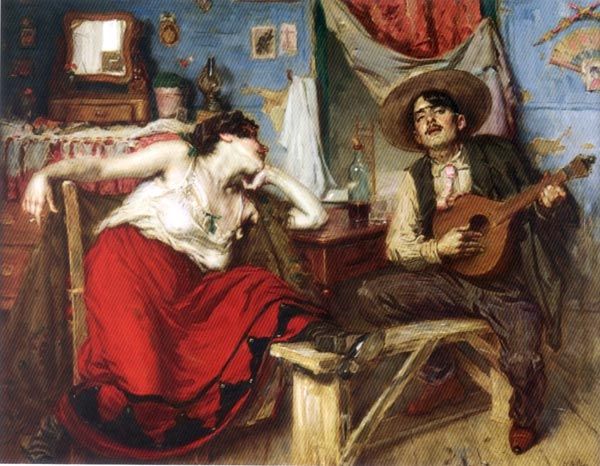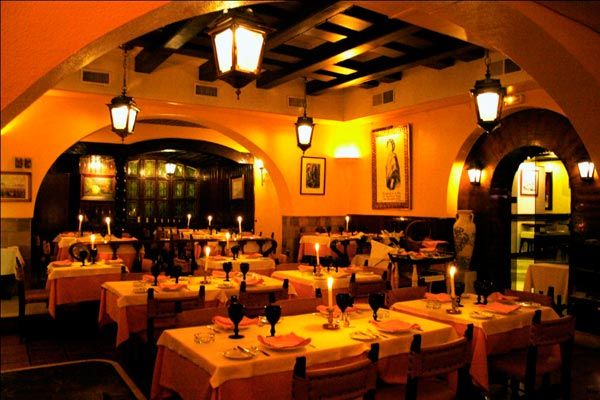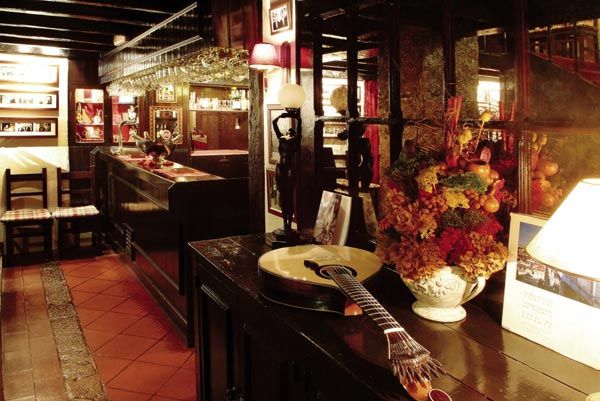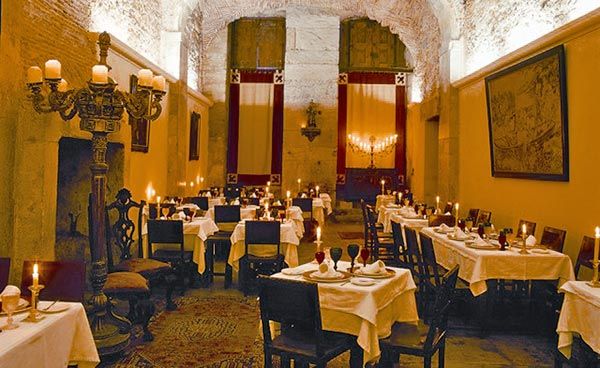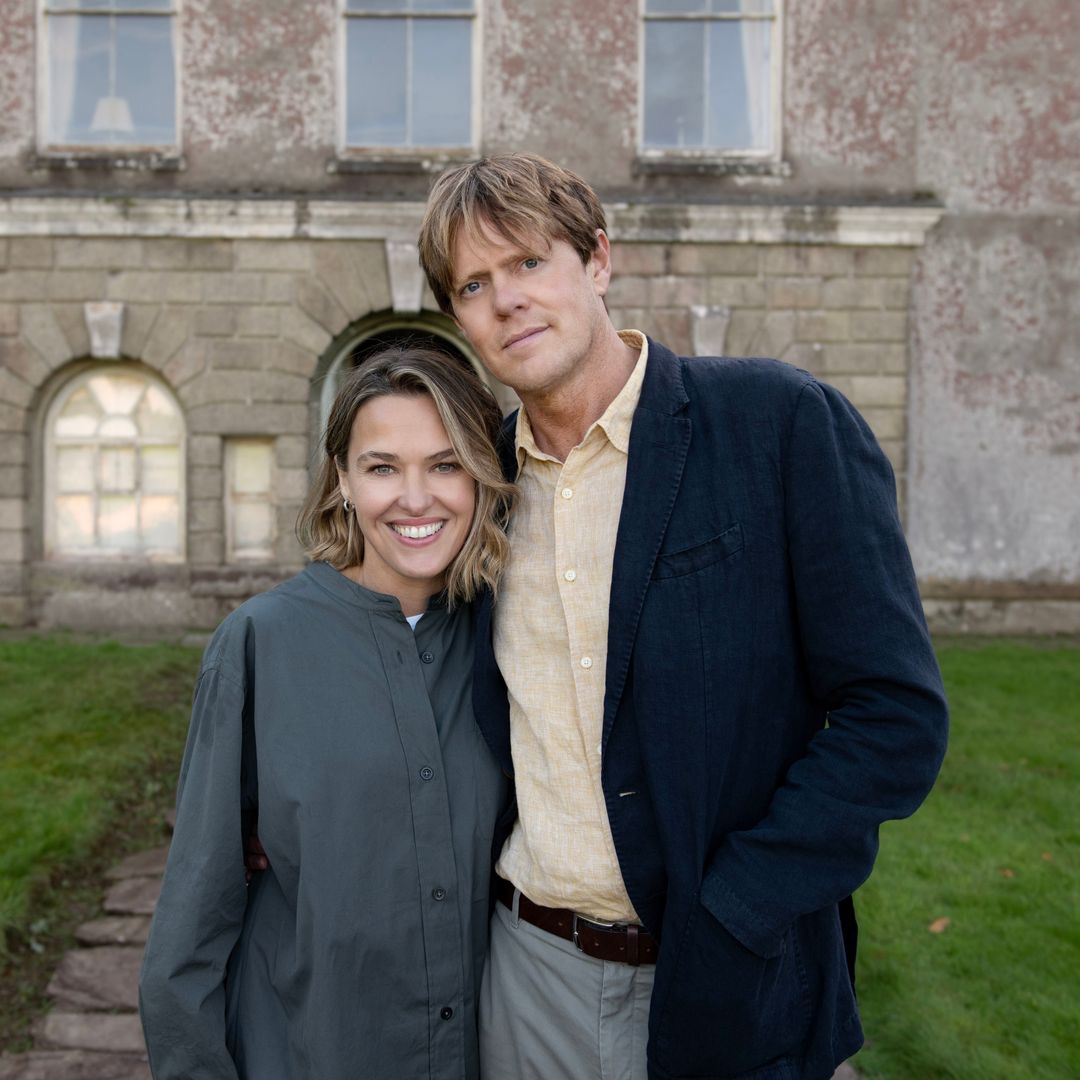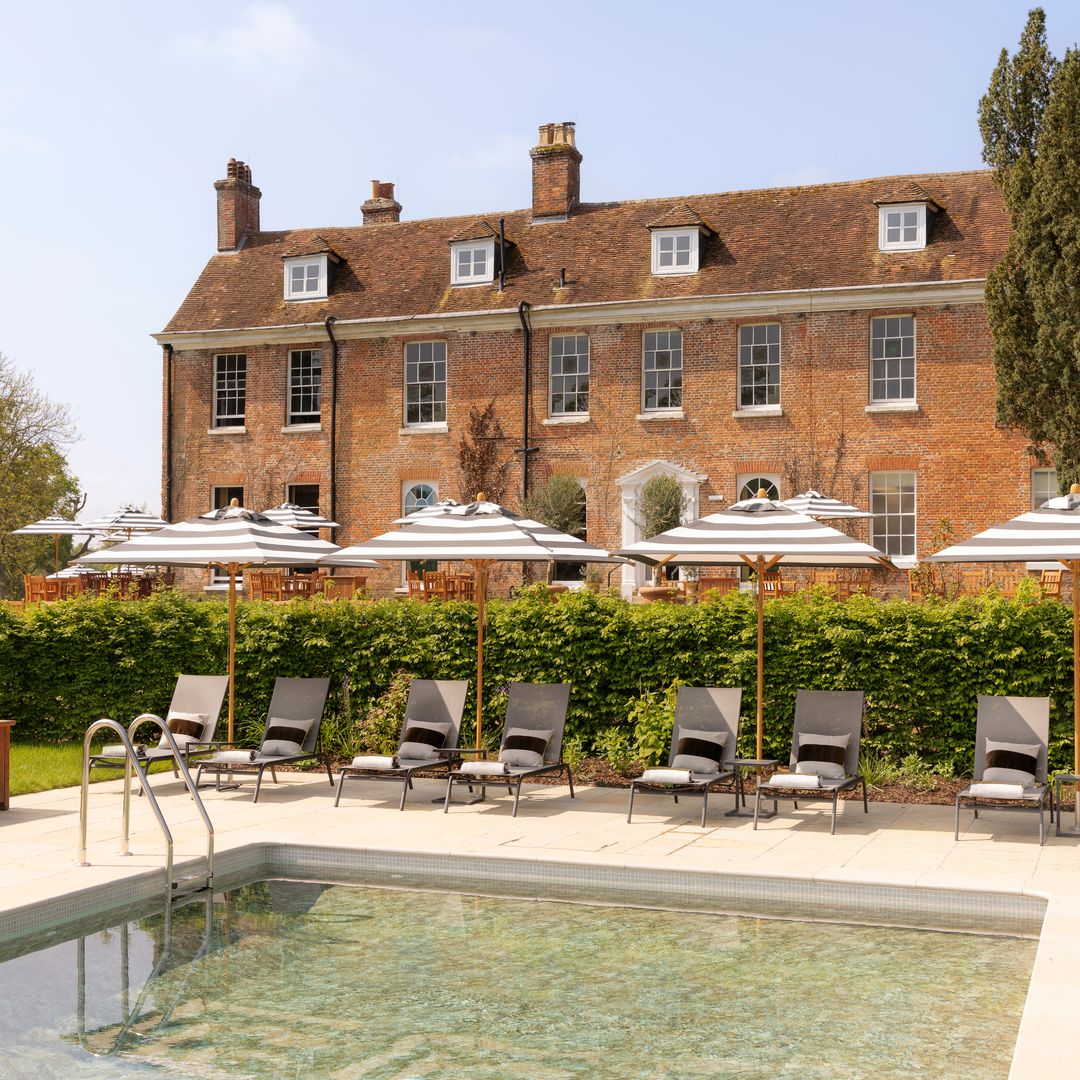The music of a country is one of the keys to its culture; Argentina has the tango, Spain has flamenco, and Portugal has fado. It's a musical form that draws on many different historical and cultural elements, and its home is Lisbon, specifically the Alfama district and the Bairro Alto.
The word fado and our word English word 'fate' come from the same Latin root, and the music is associated with the Portuguese saudade, a concept that doesn't translate directly into English (although it approximates the Welsh hiraeth) and encompasses yearning, loss and nostalgia. Fado is generally performed by a solo male or female singer, accompanied by an acoustic guitar and the Portuguese guitarra, a pear-shaped twelve-stringed lute.
Amalia Rodrigues, the twentieth century 'Queen of Fado', described the music as “something very mysterious.” In fact, even the origins of the form are unclear: it may have been born of poverty and social disenchantment, or perhaps it started back in the times of the great explorers, and the original music developed to reflect the pain of losing loved ones at sea, or the uncertainty of being reunited. Whatever its roots, even today, these songs of love, heartbreak and frustrated desire are performed in dimly lit settings and punctuated by silences that add to the mystery.
No visit to the Portuguese capital would be complete without an evening spent in a casa do fados where you can enjoy one of the typical salt cod dishes and sip the Portuguese young wine known as vinho verde while listening to the evocative music. The famous tram 28 will take you up to the viewpoint Portas do Sol – the doors of the sun – where a statue of St Vincent, the city's patron saint, stands looking out over the old Alfama neighbourhood. Lisbon's Bairro Alto is the cradle of fado, but there's little chance of following a planned route through the baffling urban maze, so it's best to trust to chance and enjoy the walk up and down the narrow cobbled streets.
In daylight, the district shows its domestic face, with small neighbourhood stores and washing hung to dry from the balconies; but at night it undergoes a transformation... as the light fades and the candles and lamps are lit in the casas do fado, the wistful strains of this melancholy music rise through the air and tug at your heart strings.
These are three of the best places to hear fado in Lisbon today:
Rua da Barroca, 56 (Bairro Alto)Tel: +351 213 426 742
Clube do Fado Rua S. Joao da Praça, 92/94 (Se-Alfama) Tel: +351 218 852 704
Casa Linhares Beco dos Armazens do Linho 1 (Alfama)Tel: +351 218 865 088 Also known as Bacalhau do Molho, the best performers of the day, such as Ana Moura can be heard here.
Discover more about the history and background of this multicultural folk music at the Fado Museum.
Further information: Portal do Fado Lisbon Tourism

